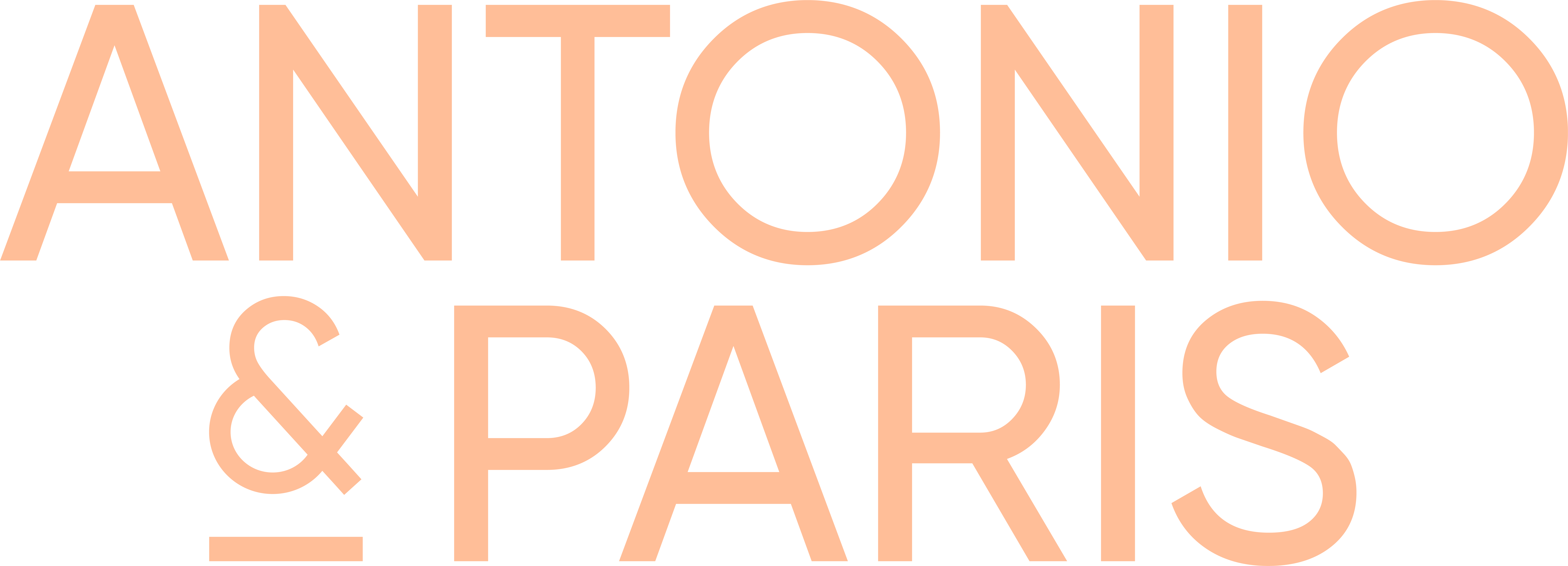Disrupting Category Conventions in Branding & Business
BY: ANTONIO BUCHANAN | OCT 12, 2020 – 5 MIN READ

Key Takeaways:
- Patagonia disrupted its category by making social responsibility a mandate
- Airbnb took on a crowded industry with a plan for no overhead
- Robinhood, the stock trading app, empowered consumers through technology
When we think of what we want for our brand, it’s pretty simple—we want to create success by doing what has never been done. Our not-so-scientific method for achievement is less simple. It involves breaking the rules and saying, “To hell with conventionality.” And while Antonio & Paris is disrupting category conventions for a branding studio, we have a primal urge to help our clients do the same in their respective fields. Your disruption training begins now.
(Un)Following the Leaders
To inspire you to buck tradition, we’ve curated a list of a few global brands that started out disrupting category conventions in their industries. You should dissect brands that you admire or would like to emulate when it comes to business practices, design, voice, corporate responsibility, and more. Just don’t forget—you’re not them, and you shouldn’t try to be them. Your brand is not in the market to be a copycat. You’re committed to a mission to be or do something different from the rest. To be better. To be more. Take note of what you like but also what you don’t like or what you believe could be improved when it comes to your inspirations.
Three Brands Who Dared to Disrupt:
1. Patagonia
With consumers spending around $887 billion annually on outdoor recreation in the US, it’s no surprise that the number of quality outdoor sports, clothing, and accessories brands have risen to meet consumer demand and vie for a piece of the action. The effects of COVID-19 driving even more people to outdoor activities and off-the-beaten-track destinations likely means even higher demand as consumers begin to venture out and become more active but still desire to be safe. Upstart brands—both in the outdoor industry and others—should look to seasoned disruptor Patagonia for inspiration.
Since its inception in 1973, the brand has had a focus on environmental activism and has since expanded its mission to do good by committing to sustainable business practices, transparency, and social responsibility. Patagonia’s status as a Certified B Corporation is ranked at 151, one of the organization’s highest, and earned the retailer four awards in the B Corp’s World Honoree list for 2019. With such a focus on giving back to the planet and establishing business practices that are meant to do good rather than solely focusing on profit margins, Patagonia forged the perfect incentive for consumers who love the outdoors. Even further, taking the lead from founder Yvon Chouinard, the brand has remained true to its authentic self, never shying away from its stance or trying to be what it’s not.
The lesson? Consider taking a stand and giving back. Do good, and good people will follow you. Whether you plan to become a Certified B Corporation or not, having a strong sense of social responsibility and being open and encouraging about that with consumers is one way your brand can make real human connections, offering your audience a compelling reason to choose you over the competition—and to feel good while they do it.
2. Robinhood
In a nation—and a world—driven by capitalism, what could be more disruptive than giving your product away for free? That’s exactly what modern digital brands like Robinhood are doing. The stock-trading mobile app has captured consumers’ hearts and wallets with its free stock trading platform, streamlined interface, zero-dollar account minimum, and cryptocurrency options. For investors who trade frequently, the savings certainly add up. These benefits to consumers have earned Robinhood a five-star rating from NerdWallet and a designation of disrupting category conventions for your usual stock market brokers.
True, happy consumers make successful brands—but Robinhood and other free-trading or free-service applications still have to make money. How? A few ways: premium investment features costing users $5 per month, rebates from market makers and trading venues, income generated from cash, stock loan income from counterparts, and interchange fees from purchases made from certain Debit cards and bank partners. Essentially, Robinhood scaled the commission model and brought it into a modern digital platform that is appealing to its audience of millennials.
As Robinhood’s net worth reached $11 billion in August and leaves traditional brokerages scrambling to compete, it’s obvious the brand is doing something right.
3. Airbnb
Sharing is caring, as they say. For modern industry disruptors like Airbnb, Uber, Kickstarter, and more, sharing is also earning. The capitalist sharing economy is built on peer-to-peer platforms for goods and services, and Airbnb is a pioneer in what’s becoming a pretty crowded arena. Nonetheless, it’s one of the most successful companies disrupting category conventions in the hospitality industry. The online vacation rental portal enjoys virtually no overhead costs that a traditional hotelier would face—reservations staff, real estate, reception and concierge, amenities, furnishings, cleaning staff and supplies, and so much more. It’s a no-brainer for Airbnb to leave the logistics in the hands of its listing owners while it enjoys a commission from both the host and the guest for each rental, plus a 3 percent fee from the host for processing payments.
Airbnb recently hit $18 billion in value and filed for an IPO despite setbacks faced due to COVID-19 this year. This move is a good indicator that the sharing economy is still going strong. While peer-to-peer sharing of goods and services might not be your brand’s desire, you can learn from successful platforms like this one. As COVID-19 disrupted the American workforce in many ways this year—many companies realized they could save money and increase employee morale simultaneously with fewer overhead costs. Other cost-effective changes for your brand could include a switch to shared workspaces, using nontraditional services like food and beverage, streamlining supply chains, and more. Work smarter, not harder by strategically disrupting traditional workflow or office conventions.
Are you ready to say sayonara to the norm, give the middle finger to conventionality, and achieve success while doing it? Contact the team at A&P for your disruption strategy!
About A&P
A&P, a brand agency, excels in finding innovative ways for clients to provide exceptional experiences to their customers. Their work includes consumer insight, brand innovation, creative development, mobile and technology solutions for global brands such as AT&T, Mini USA, DIRECTV, Newell Rubbermaid, Tenet Healthcare, and Barco Escape. For more information about A&P, visit them on Facebook, Twitter or antonioandparis.com.

WRITTEN BY
Antonio Buchanan
Short Bio — In 1999 after leading the charge on accounts, such as American Express, IBM, & Microsoft, at traditional global agencies in large agency networks, Antonio Patric Buchanan set out on his own to create a new agency model with his agency, bang!zoom. Within a couple of years, the agency was purchased by the Canadian holding company, MDC. In 2004 he launched Pure Moxie, which was rebranded in 2017 to what is now Antonio & Paris.

WRITTEN BY
Antonio Buchanan
Short Bio — In 1999 after leading the charge on accounts, such as American Express, IBM, & Microsoft, at traditional global agencies in large agency networks, Antonio Patric Buchanan set out on his own to create a new agency model with his agency, bang!zoom. Within a couple of years, the agency was purchased by the Canadian holding company, MDC. In 2004 he launched Pure Moxie, which was rebranded in 2017 to what is now Antonio & Paris.

